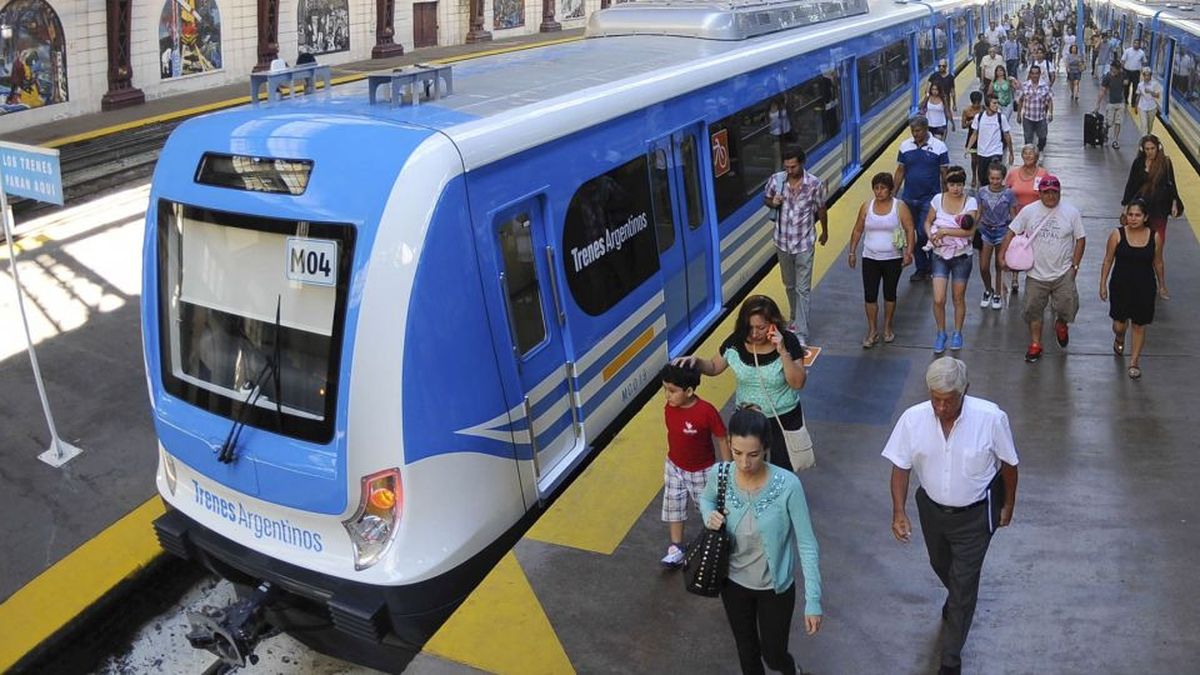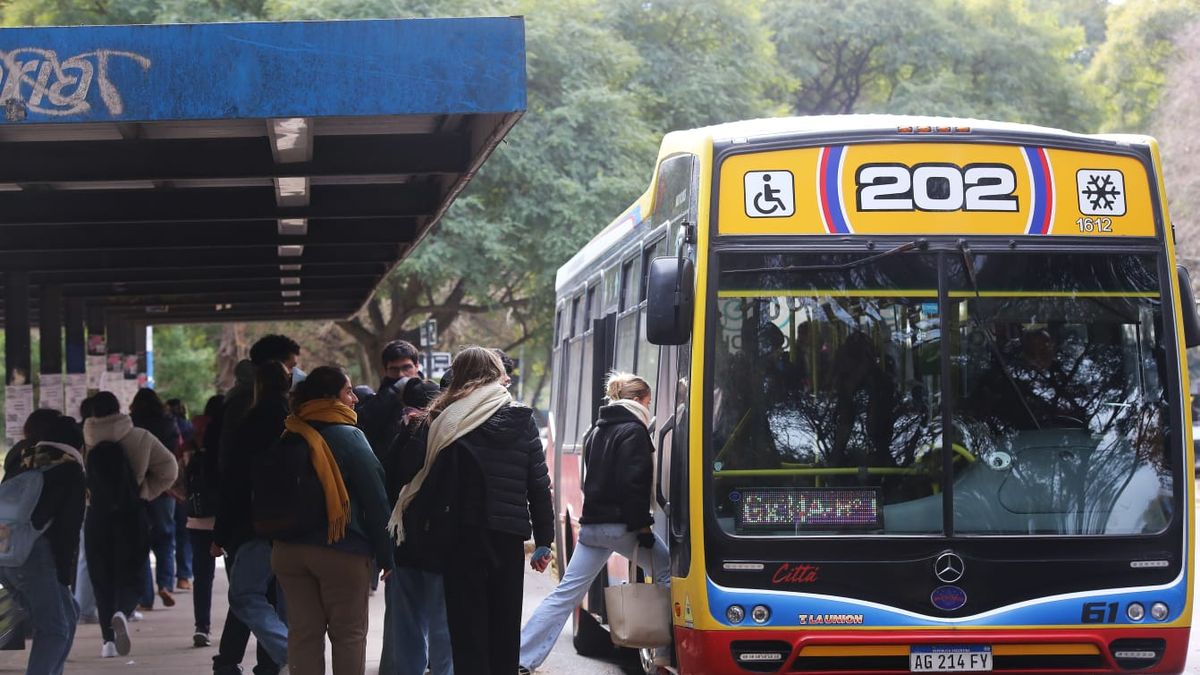“We see that there is no will“We are analyzing what steps to follow,” they expressed from the union, leaving open the possibility of a measure of force. At the last hearing, the state company presented the same offer which the union had already rejected on repeated occasions, which intensified the conflict.
The tension between the workers, led by Omar Maturanoand FASE representatives were increasing. The last meeting, held on January 13, ended no significant progress.
After that meeting, The Fraternity issued a statement in which he expressed his discontent: “An agreement could not be reached about the recomposition of our salaries. “The business representation once again ratified its previous proposal, which was rejected.”
According to the union, the salary offer “devalues income of the train driving staff, aggravating the merit, suitability, professionalism and responsibility of our work, putting social peace at risk with his arbitrary conduct.”
long distance trains .jpg
There could be a train stoppage before February.
Archive
The latest increases
In the final months of 2024, drivers received salary increases of 1% in November and 2.5% in December, figures considered insufficient by the union. As a protest, the railroad workers released a video in which they exemplified that a 1% increase is equivalent to “2 lollipops a day.”
In addition, they demanded the payment of a basic food basket equivalent to 10% of their salariesalong with the recomposition of the salary debt accumulated in September and October, and new increases for the following months.
The mandatory conciliation, which was initially issued on December 17, managed to postpone a 24-hour national strike convened by The Fraternity. This period, which began with a validity of 15 days, was extended after each hearing without concrete results.
The union’s complaint
Meanwhile, the train union complained to the International Transport Workers Federation various “anti-union practices” by the government of Javier Milei.
Among the points reported include restrictions on the right to strike, criminalization of protest, weakening of unions and collective bargaining under threat. They also pointed out attacks on national sovereignty and free, quality public education.
With time running out and positions at a critical pointthis Monday’s meeting will be determining factor to define whether the labor conflict escalates to a measure of force that could paralyze trains throughout the country.
Source: Ambito




